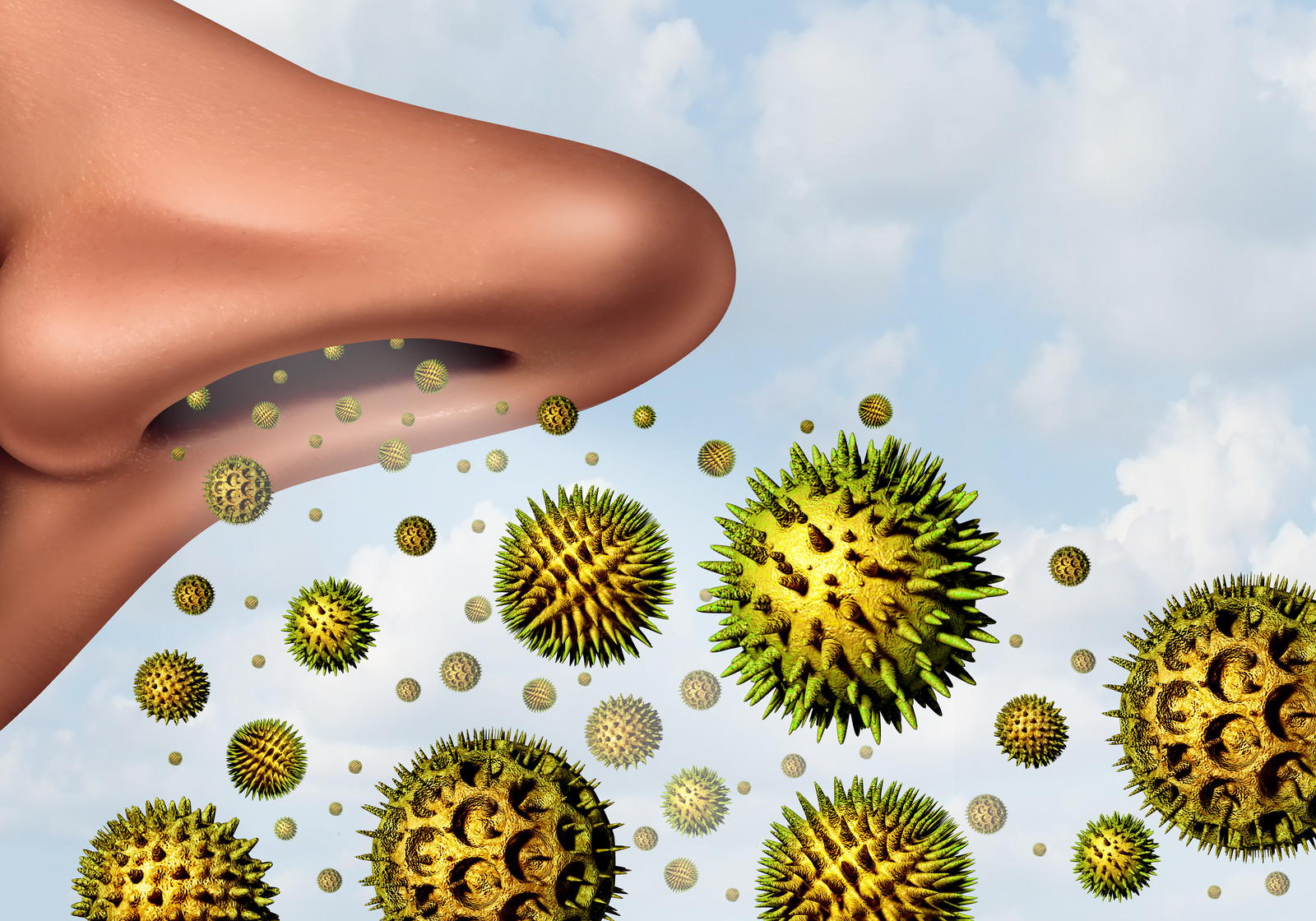Understanding sublingual immunotherapy – SLIT
Allergy drop therapy is a trusted method to reduce sensitivity that is more convenient, safer, and as efficacious as traditional allergy shots. To understand what sublingual immunotherapy is, an overview of allergy is helpful. This is briefly discussed below.
An overview of allergy
An allergic reaction is an exaggerated immune response to a substance. Naturally the immune system responds when the body is invaded by harmful bacteria and other microorganisms. It identifies these invaders as antigens and it produces antibodies to counteract them in future. For some unclear reasons, the body can over-react to otherwise harmless substances and produce an overload of chemicals called histamines.
Histamines functions as gatekeepers who keep trouble out of your body. In people with an allergic disorder the production of these histamines is inordinately high which lead to symptoms of allergy. This only affects some people. In a worst case scenario, this allergic reaction can be severe and can even prove fatal if emergency life support measures are not immediately available. This severe form of an allergic reaction is called anaphylaxis.
What are some of the causes of allergic reactions?
The substances that lead to an allergic reaction are called allergens. Common allergens include:
- Pollen or contact with certain plants
- House dust mite
- Foods such as peanuts, citrus fruits, mangoes, animal proteins, dairy products and many others.
- Insect bites or stings
- Medications such as penicillin, sulfur drugs, analgesics (aspirin, ibuprofen)
- Pet allergies (animal dander)
- Natural latex rubber
 General symptoms of an allergic reaction
General symptoms of an allergic reaction
In most cases an allergic reaction will present with symptoms affecting the ear, nose and throat. These include:
- Sneezing
- Running nose
- Blocked nostrils
- Congested throat
- Breathing problems
- Watery and or itchy eyes
- Symptoms can also include skin itchiness and hives. Systemic problems involving the digestive system, the heart and others can also present.
- Chronic allergies can eventually lead to sinusitis
How is allergy treated?
The best way to mange allergy would be to prevent it. This however, can only be done after the initial exposure and reaction has occurred and hopefully the allergen has been identified. It is not unusual for a person to be allergic to more than one substance. The main form of treatment includes:
- Avoiding or removing the things a person is allergic to.
- Use of medications during a reaction crisis or for prevention. These includes antihistamine medications and in some cases, corticosteroids.
Immunotherapy explained
This type of allergy treatment is offered by a qualified otolaryngic allergist. The treatment is done after allergy tests have been carried out and the allergen has been identified. It involves controlled exposure to the identified allergen. The initial phases of the treatment are best done in a clinical setting. With time the body ‘learns’ to tolerate the allergen without causing any reaction. It works in a way akin to a vaccine. There are two main ways of giving this therapy.
- Giving the prepared allergen in form of injections
- Giving the allergen in tablet form under the tongue (sublingually) or as allergy drops.
Advantages of sublingual immunotherapy (SLIT) or allergy drops over injectable immunotherapy
These include:
- Injections have to be given in a doctor’s office. SLIT is administered at home
- Not painful. Injections can be painful and distressing especially where children are involved
- Many patients cannot fully comply with the need to visit the doctor for regular immunotherapy shots
- Has a lower incidence of serious side effects. Injectable immunotherapy can lead to sudden and severe reactions while sublingual immunotherapy-related reactions are delayed and usually mild.
FDA has already approved grass and ragweed immunotherapy. Ongoing studies show promising results for immunotherapy for many other allergens including peanut allergy. All these help to improve the patient’s quality of life.
When is immunotherapy necessary?
When preventive measures and allergy medications have failed to control symptoms of allergy successfully, then sublingual immunotherapy can be a good option. If your allergy symptoms are persistent and compromising the quality of your daily living activities, Advanced Ear Nose and Throat Associates’ team is willing to help you reclaim your well-being. Click here to request an appointment now.
References
- Lima MT, Wilson D, Pitkin L, Roberts A, Nouri-Aria K, Jacobson M, Walker S, Durham S. Grass pollen sublingual immunotherapy for seasonal rhinoconjunctivitis: a randomized controlled trial. Clin Exp Allergy. 2002 Apr;32(4):507-14.
- Efficacy and safety of sublingual immunotherapy with grass allergen tablets for seasonal allergic rhinoconjunctivitis Dahl, Ronald et al. Journal of Allergy and Clinical Immunology , Volume 118 , Issue 2 , 434 – 440


 General symptoms of an allergic reaction
General symptoms of an allergic reaction